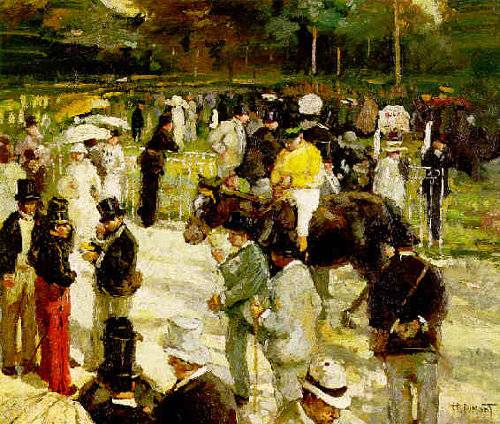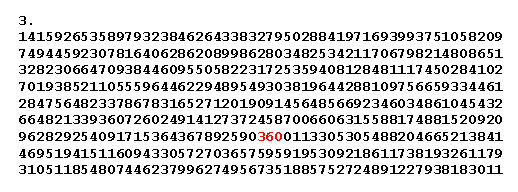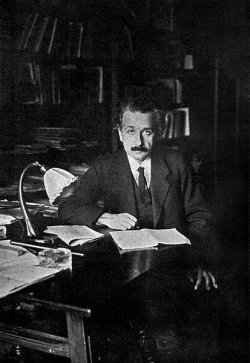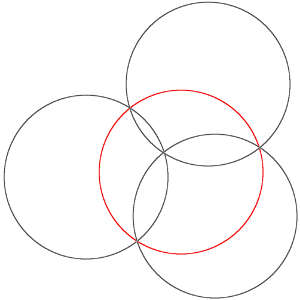
When Dora Ratjen competed at the 1936 Olympics in Berlin, her teammates thought it strange that she always bathed behind a locked door. “I thought something was a bit funny, because she had a deep voice and she snored in her sleep,” recalled fellow high jumper Elfriede Kaun. “She also had to shave, not just her legs and under her arms, but also her face.”
Ratjen took fourth place and went on to set a world record (1.67 m) in the 1938 European Athletics Championships. On the way home she was detained by the Magdeburg police, who discovered that she was a man. Because of his malformed genitals, the midwife at his birth had mistakenly told his parents that he was female, and he was christened Dora and raised as a girl. “From the age of 10 or 11 I started to realize I wasn’t female, but male,” he told police. “However, I never asked my parents why I had to wear women’s clothes even though I was male.” He learned to pursue his love of sport as a loner.
After the discovery in Magdeburg, Ratjen promised to stop competing, and the prosecutor declared that no finding of fraud was possible because there was no intention to reap financial reward. Dora returned his medals, changed his name to Heinrich, and quietly took over his parents’ bar, declining numerous interview requests.
It’s often reported that the Nazis forced Ratjen to compete in the Olympics as a deliberate ruse “for the honor and glory of Germany,” but a 2009 investigation by Der Spiegel found no evidence of this. Sportswriter Volker Kluge told the magazine, “On the basis of the available documents, I think it is completely out of the question that the Nazis deliberately created Dora Ratjen as a ‘secret weapon’ for the Olympic Games.” He conceded that the Reich Sport Ministry may have been aware that Ratjen was a “borderline case.”








